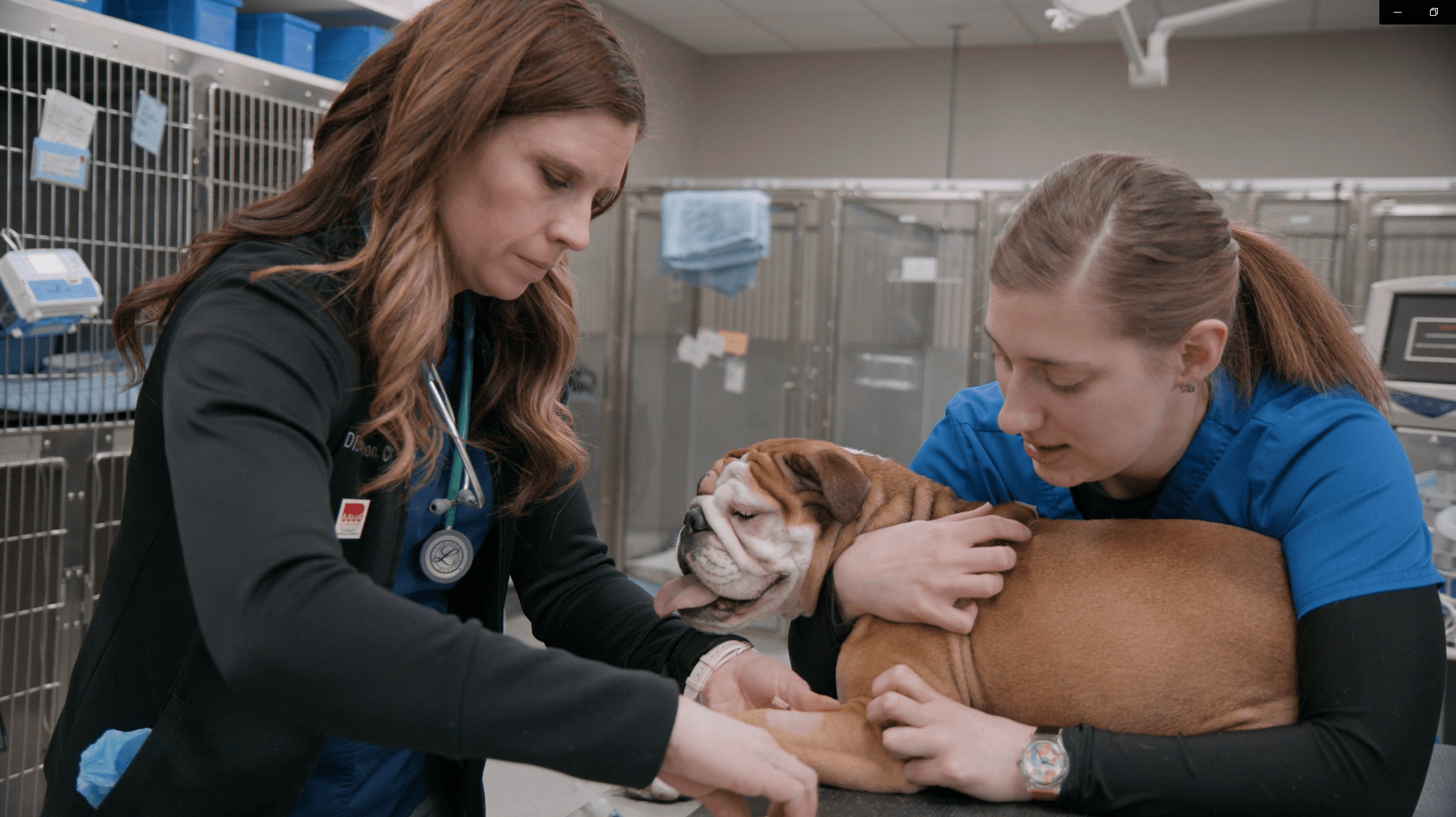Seeing a Veterinary Oncologist – Frequently Asked Questions
My pet has a new bump, when should I get it looked at?
It is best to get any bump examined by your veterinarian. Most likely, the exam will start off with a palpation and may likely involve a fine needle aspirate (quick sampling of the lump to evaluate the cells under the microscope).
Are there some kinds of lumps and bumps that I don’t have to be concerned about? What if I’m pretty sure it’s just a fatty mass?
Some masses that appear fatty may actually not be so. Hopefully they are, and it is always best to confirm with a quick sampling by your veterinarian. In some cases, masses that feel fatty may actually be malignant. Mast cell tumors are especially notorious – they are known to be great pretenders (they can “pretend” to be something other than cancer). Soft tissue sarcomas can also feel fatty. The best thing to do is get any lump or bump sampled.
My pet doesn’t have any lumps or bumps and he seems really healthy! Can I skip my annual appointment with my vet?
It is great that your pet appears healthy. However, there are some tumors that can hide out without making your pet feel ill until it gets very large. An example of this is anal sac adenocarcinoma, which is a tumor that you wouldn’t feel when petting your dog but would be felt in a rectal exam by your veterinarian during a thorough annual exam. Sometimes, cancer can involve the organs within the abdomen or chest that may not be found until an exam is performed. Other times, cancer may not be seen unless bloodwork is performed, even when your pet is feeling completely normal at home. It is always best to have routine exams done with your veterinarian, at least annually.
At what point should I get a veterinary oncologist involved in my pets care if I’m worried he has cancer?
Whether a veterinary oncologist will see your pet before a definitive cancer diagnosis is dependent on the specific oncologist. At MVS, the oncologist welcomes any pet for which there is a suspicion of cancer, even before a definitive diagnosis has been made. The MVS oncologist will help to (hopefully) rule out cancer. If your pet already has a diagnosis of cancer, we will discuss any additional tests (if necessary), the prognosis, and the available treatment options for your pet.


